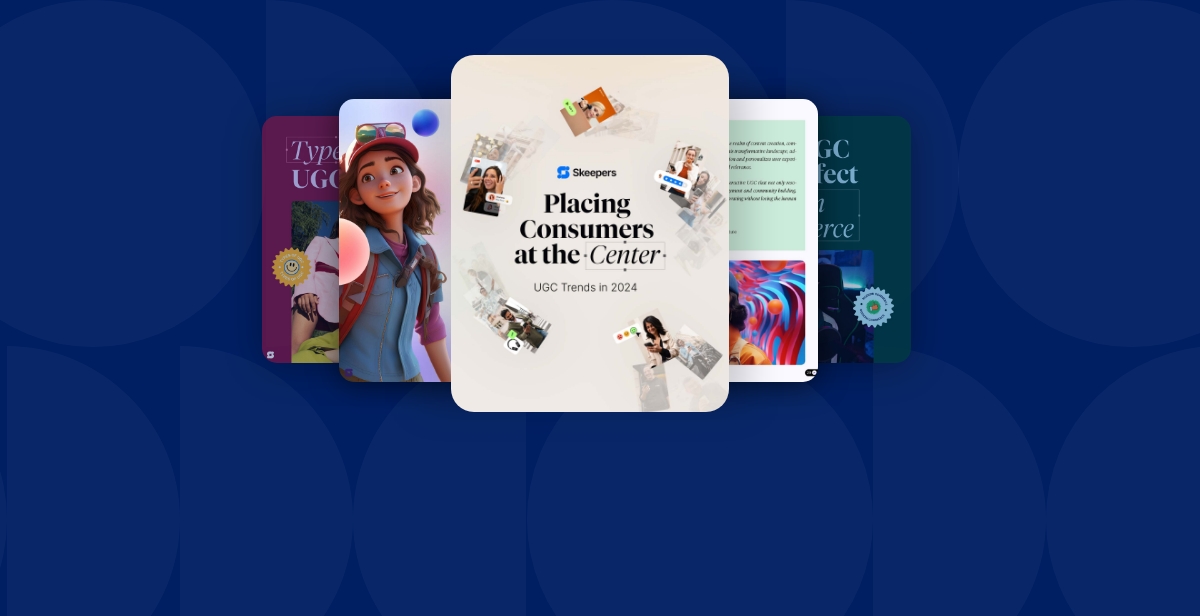Investing in a customer management solution to manage day-to-day interactions with customers helps a business build and maintain strong customer loyalty. And maintaining customer loyalty is paramount to a business’s success. After all, when you consider the costs associated with finding new customers, the value of keeping every existing customer becomes exceedingly clear. For a...
Investing in a customer management solution to manage day-to-day interactions with customers helps a business build and maintain strong customer loyalty.
And maintaining customer loyalty is paramount to a business’s success. After all, when you consider the costs associated with finding new customers, the value of keeping every existing customer becomes exceedingly clear. For a business working with limited resources, this should be of utmost importance.
The more opportunities an existing customer has to conduct business with your company, the better. One way to achieve repeat business is to invest in a Customer Relation Management (CRM).
CRM enables you to gain insights into customers’ behaviors and tweak your business offerings accordingly to ensure they receive tailored, personalized care, the key to maintaining loyalty.
What is CRM?
Simply put, CRM helps you recognize the value of your customers and provides insights into ways you can improve your customer service. The better you understand your customers, the more responsive you can be their needs.
Collected data should be dispersed throughout the company in order to improve efficiency and productivity at all levels. All employees – particularly those who are customer facing – should have access to up-to-date activity and information related to each customer.
This information is useful when, for example, a service representative fields customer inquiries or complaints. Because the rep is informed of any special needs or past problems the client has had, he is better positioned to provide individualized service and, thus, please the client.
CRM ensures that customer information is readily available and updated in real time, maximizing every opportunity with each customer.
Don’t forget your current customers
Keeping good customer records will enable you to offer more targeted and personal service to improve customer satisfaction levels which, in turn, helps you to retain customers for longer periods of time. One of the best ways to ensure loyalty over time is through developing a personal relationship with your existing customers.
Generally speaking, customers prefer to stick with a business they feel a connection to, spending upwards of 37% more with that company, rather than press their luck with a company with which they’ve had no prior involvement. Customers reasonably expect they will receive better service from a company with which they’ve already spent money and who already knows their habits. Your job is to meet and exceed those expectations.
Many businesses work hard to attract new customers, which is to be expected. But don’t forget to cater to the people whom you’ve already attracted. Gathering data about customers at the later stages of their relationship with you is as important as it is early on. Expanding on pre-existing data will better position you to meet your customers’ evolving needs, providing your business with a clear point of differentiation.
To stay connected with your customers, and drive loyalty, consider integrating these tools into your CRM:
Smart Surveys
Surveys are an integral part of a CRM strategy. Surveying customers will help you better see where your company’s strengths and weaknesses lie, information that can be difficult to gather without the help of an objective, impartial opinion. Ask customers how you can better service them. But also recognize that simply asking customers for their opinion is not enough. You must be prepared to act on their feedback.
Not responding may, in fact, damage your customer relationship as the customer might end up feeling that any promises you’ve made to provide exceptional service where, in the end, empty platitudes.
Social Platforms
Pretty much everyone is on Facebook, Twitter, and Pinterest, sharing likes and dislikes of the products and services they use which, depending on customer experience, could work for or against your business. For that reason, social media should be another important part of your CRM.
Social will provide your business two key benefits. First, it will deliver an avalanche of useful data with which to refine your products or services. And, two, the immediacy of social provides you with an opportunity to respond to questions, address concerns, or, simply, thank those who’ve put in a good word. In other words, look at social as another opportunity to provide customer service.
Making the most of these interactions will only increase your transparency, an increasingly important value for today’s consumer.








